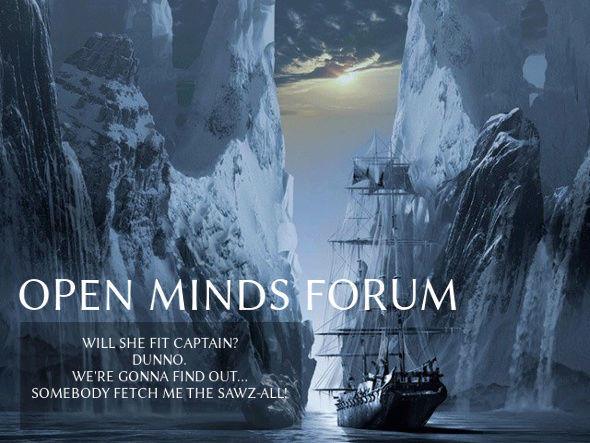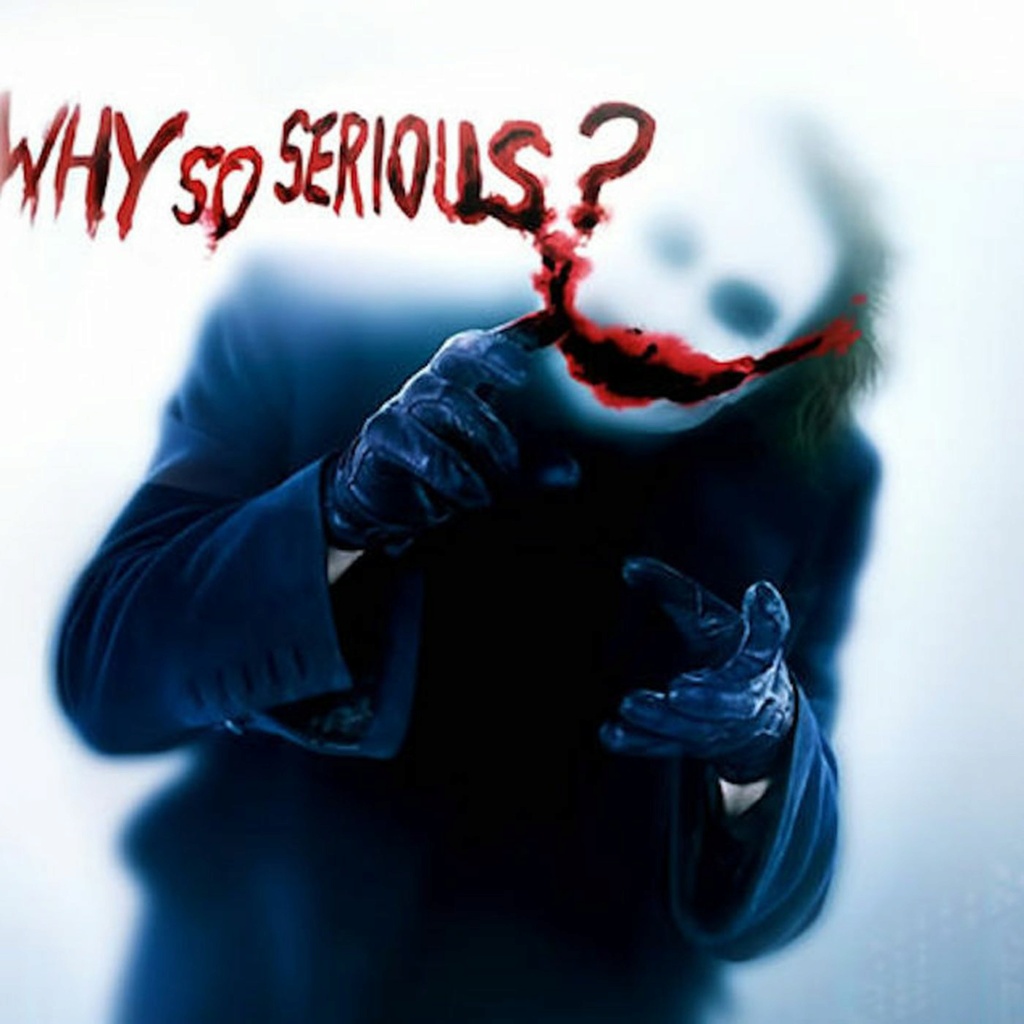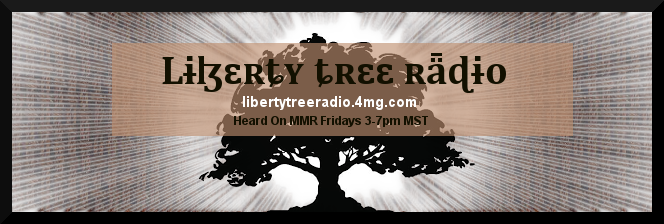“In”
Fruit in a blossom
And petals in a seed;
Reeds in a river-bed,
Music in a reed;
Stars in a firmament
Shining in the night;
Sun in a galaxy
And planets in its light;
Bones in the rosy blood
Like land in the sea;
Marrow in a skeleton,
And I in me.
—Owen Barfield
Poetry is the progressive incarnation of life in consciousness.
Barfield felt the mind formed the brain 🧠 to have its subjective experience.
Imagination is a form of apprehending reality.
Forgetive.
Do not be deceived by the visions of the dead

Whatever comes will take hard work and struggle.
Nothing will just come to you.
It is so easy to believe in visions.
They happen.
Perhaps when we die we go to the dream world.
We can then speak to any who have lived.
Jung spoke of being surrounded by the dead

The dead are key characters in The Red Book.
I’m coming across more and more ag-Gnostics flipping over to a final kind of hermetic or alchemical Christianity.
Eckhart level shit.
Best show in town for these outsiders.
They are struggling so hard to find a rational bridge to the irrational.
They see hope in Barfield’s experience as much as his thoughts.
It can’t be spoken of abstractly.
This redeemed faith seems to be spreading.
I’m inoculated against that particular psychic virus 🦠
Outsider for life I guess.
Smelly goats

have a solitary existence mostly and have a deep connection to their partners.
Anything of value takes work to build or uncover.
“Hillman addresses Jung’s understanding of dreams. “ Jung says that we think the figures we uncover in our dreams or in active imagination are the result of us, but he says we are the result of them. We just think of it wrong. We think whatever comes to us as something leftover from, as Freud says, the Tagesrest, the residues of the day, images that are composite stuff, garbage from our day. But Jung is saying these figures (that) come to us in our dreams and even our thoughts derive from these figures, which seems to be what The Red Book does.”
A new psychology where the dead have as much a place in life as those alive?
What are these mystics talking about?
Hmmmmmm
I wonder...maybe I know but just don’t want to know it.
“Jung’s descent into what he later termed as the collective unconscious was his encounter with those particular figures that had special and unique significance for him and for the culture and society of that time. As Sonu Shamdasani points out, when Jung referred to his encounters with the dead in The Red Book, he meant the actual dead. More significantly, although Jung’s descent into this level of the collective unconscious was of very personal significance to him at that time, nowhere in The Red Book does he refer to his parents, his childhood, his colleagues, his work, or his family or wife. What then does it mean?
Through Jung’s pioneering work with this deep level of consciousness, he demonstrated by example what it meant to get in touch with the deep influences or beings that were animating his being, his life. He began his journey into his own psyche with the poignant awareness that though he had conceptualized soul, and written about soul, he in fact knew that he had lost his soul. The Red Book opens with a very moving cry to his own soul – realizing that she was lost, in part, because of his own hubris at trying to explain her away.
Sonu Shamdasani points out that the dead Jung is referring to in The Red Book are all the dead of human history, along with the tremendous psychic weight that comes with that. We live now in a world where the dead outnumber the living. The dead do not just disappear because they have lost their outer bodily form. Most of us have had the experience of feeling someone’s presence long after they have died. Energy, as any physicist will tell you, can change form, but you cannot kill it. So although this is part of many people’s experience ,we have somehow, until The Red Book and Jung’s work, been unable to conceptualize an adequate psychology that takes this fully into account.”
Jung says he knows, he don’t or couldn’t believe.
There is an abyss between believing and knowing not knowing.
Jung had good advice to those facing death.
Live every day, live like you are going on for 500 years.
“Bert Hellinger, in his work with Family Constellations, does give the dead their due accord in terms of healing family dynamics and the personal unconscious. His work is indeed remarkable and revolutionary. However Jung’s work with the collective unconscious goes beyond the personal work of the family constellation and explores those deeper beings in our psyches that require something of us.
In the past I have often referred to the inner, personal, psychic landscape. The exciting insight for me when reading The Red Book and this additional commentary by Sonu Shamdasani and James Hillman, was to really see at a deeper level how Jung felt this landscape was peopled with beings that wanted, even required something of us. I was reminded of the poem In Flanders Fields, written by Lieutenant Colonel John McCrae in 1915 about World War I. I have always felt a deep resonance with this poem:
In Flanders Fields
In Flanders fields the poppies blow
Between the crosses, row on row
That mark our place; and in the sky
The larks, still bravely singing, fly
Scarce heard amid the guns below.
We are the Dead. Short days ago
We lived, felt dawn, saw sunset glow,
Loved and were loved, and now we lie
In Flanders fields.
Take up our quarrel with the foe;
To you from failing hands we throw
The torch; be yours to hold it high.
If ye break faith with us who die
We shall not sleep, though poppies grow
In Flanders fields.
In this poem John McCrae speaks to us using the voices of the Dead. He says “Take up our quarrel with the foe”. What does this mean? Of course in a very literal sense it could mean the enemies on the other side of the line. However in the context of Jung’s understanding of the collective psyche of that time as expressed in The Red Book (see my blog Introduction to The Red Book) we could imagine the foe as all that lies unacknowledged and unrecognized in the deepest layer of the collective psyche. The dead who have sacrificed their lives for little purpose. He says in his final line “If ye break faith with us who die, we shall not sleep, though poppies blow in Flanders Fields.”
Is McCrae trying to express the same thing as Jung but in a different form? What do the dead want of us? What would it mean if we were to break faith with the dead and not honour them? Certainly McCrae does not treat the dead as nonexistent or of no consequence. Instead there is a deep recognition that we must understand and honour what they want of us at the deepest level, and not just remember them.
In Lament of The Dead, Sonu Shamdasani and James Hillman explore Jung’s understanding of the heavy weight of our history as it is carried in our collective unconscious. To not be in right relationship with this deep layer of our collective being is a travesty, deeply foolhardy and a disservice to the soul. We need to understand the history of mankind and give it its due respect while understanding on a personal level how these deep elements or archetypes play through our individual psyches. We are not just 3-dimensional beings.“
There are a few deep parts of me I don’t know.
What is it that those aspects know I don’t?
Well, they don’t let me rest too much I’ll tell you.
The dead can be real pains in the ass.
The living must seem like the stupid apes we are to the dead.






















» Why are we here?
» OMF STATE OF THE UNION
» Disclosure - For U by U
» The scariest character in all fiction
» Uanon's Majikal Misery Tour "it's all smiles on the magic school bus"
» What Music Are You Listening To ?
» Livin Your Best Life
» Baudrillardian hauntology - what are some haunting truths to our reality?